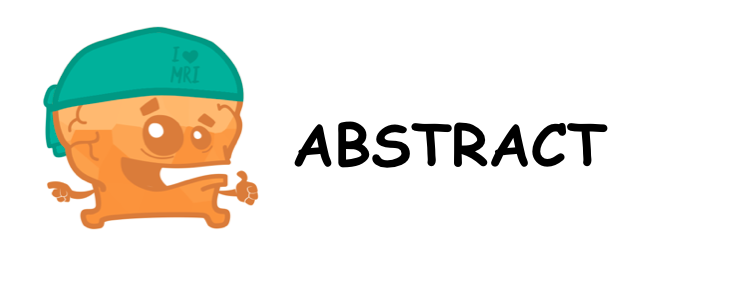Cognitive Function 3 and 12 Months After ICU Discharge-A Prospective Cohort Study.
Abstract
OBJECTIVES:
Studies have shown impaired cognitive function after ICU discharge. We aimed to describe long-term cognitive function in Danish ICU patients.
DESIGN:
Prospective cohort study.
SETTING:
Single-center ICU at Zealand University Hospital, Køge, Denmark.
PATIENTS:
Adult patients admitted for over 24 hours.
INTERVENTION:
Three and 12 months after discharge, the patients were visited at home and tested with the Repeatable Battery for the Assessment of Neuropsychological Status.
MEASUREMENTS AND MAIN RESULTS:
We included 161 patients, 79 patients had a 3-month and 53 a 12-month follow-up visit. The primary reasons for not being visited at 3-month were death (44 patients), decline (26 patients), or transferal to another ICU (6 patients). Visited patients were median 67 years old (interquartile range, 59-73), had a median Acute Physiology and Chronic Health Evaluation score of 20 (interquartile range, 16-26), 58% were on a ventilator, and 30% were surgical patients. The mean Repeatable Battery for the Assessment of Neuropsychological Status score was 67 (SD, 21), compared with a normal value of 100 (15). A total of 57% had Repeatable Battery for the Assessment of Neuropsychological Status scores corresponding to moderate traumatic brain injury, 46% scored corresponding to light Alzheimer’s disease, and 73% corresponding to mild cognitive impairment. After 12 months, the Repeatable Battery for the Assessment of Neuropsychological Status was still reduced (71 [25]). We examined protective and risk factors using multiple linear regression and found protective effects of being employed before admission (p = 0.0005) or being admitted from a surgical ward (p = 0.019).
CONCLUSIONS:
In this prospective cohort study of Danish ICU patients, we found significantly reduced cognitive function for intensive care patients 3 and 12 months after discharge.
- PMID:
- 30188383
- DOI:
- 10.1097/CCM.0000000000003391

